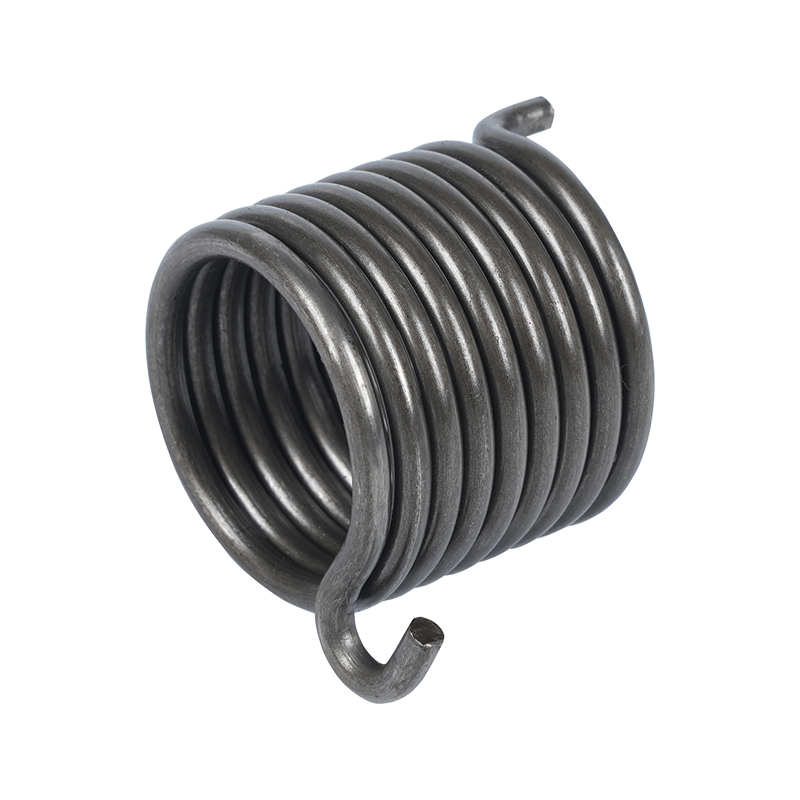Simplifying Efficiency: Innovations In Sheet Metal Stamping Parts And Tube Forming Processes
These methodologies have not only revolutionized the production of complex components but also streamlined manufacturing across various industries.
Sheet Metal Stamping Parts: Precision in Production
Sheet metal stamping involves the shaping and molding of flat metal sheets into intricate parts and components. This process is crucial in industries ranging from automotive manufacturing to electronics. The efficiency of sheet metal stamping lies in its ability to produce high-volume components with consistent quality and dimensional accuracy. By utilizing advanced dies and presses, manufacturers can achieve complex geometries and tight tolerances without compromising on material integrity.
Moreover, innovations in sheet metal stamping technology have led to significant advancements in automation. Robotic arms equipped with sophisticated sensors ensure precise handling of materials, less waste, and enhance overall production efficiency. This integration of automation not only accelerates the manufacturing process but also reduces labor costs and enhances workplace safety.
Tube Forming Process: Crafting Complexity with Precision
Tube forming, on the other hand, encompasses a diverse array of techniques aimed at shaping metal tubes into various configurations. From simple bends to complex shapes, tube forming plays a critical role in industries such as aerospace, construction, and renewable energy. The process involves bending, flaring, expanding, and welding tubes to exact specifications, catering to the stringent demands of modern engineering.
One of the key drivers of efficiency in tube forming is the adoption of computer numerical control (CNC) technology. CNC machines enable precise control over bending angles and radii, ensuring consistency in production while less material waste. Additionally, advanced simulation software allows engineers to simulate different forming scenarios virtually, optimizing designs before physical production begins. This digital approach not only accelerates product development but also enhances the overall quality of tube-formed components.
Integration and Future Trends
Looking ahead, the integration of sheet metal stamping and tube forming processes is poised to redefine manufacturing efficiency further. Industry 4.0 initiatives, including the Internet of Things (IoT) and data-driven analytics, promise to usher in a new era of smart manufacturing. Real-time monitoring of production metrics and predictive maintenance of equipment will enhance uptime and reduce downtime, thereby boosting overall productivity.
Furthermore, sustainability remains a focal point in the evolution of these manufacturing techniques. From utilizing recyclable materials to optimizing energy consumption, manufacturers are increasingly adopting eco-friendly practices. This shift not only aligns with global environmental regulations but also appeals to conscientious consumers demanding greener products.
In conclusion, the convergence of sheet metal stamping parts and tube forming processes exemplifies the pursuit of efficiency and precision in modern manufacturing. By leveraging technological innovations and embracing sustainable practices, manufacturers can meet the evolving demands of diverse industries while driving economic growth. As these techniques continue to evolve, their impact on global manufacturing standards will undoubtedly shape the future of production efficiency and sustainability.
The future trajectory of sheet metal stamping parts and tube forming processes is poised for continued innovation. Emerging technologies like additive manufacturing and advanced materials promise to push boundaries further, enabling lighter, stronger, and more complex designs.
Moreover, the integration of artificial intelligence (AI) into production workflows will optimize process parameters in real time, ensuring good efficiency and quality. Collaborative robots (cobots) will enhance flexibility on the shop floor, facilitating seamless interaction between human workers and automated systems.
As industries strive for leaner operations and faster time-to-market, continuous improvement in manufacturing processes will remain paramount. By embracing a culture of innovation and sustainability, manufacturers can navigate challenges while seizing opportunities in a rapidly evolving global market.


 English
English русский
русский Español
Español











